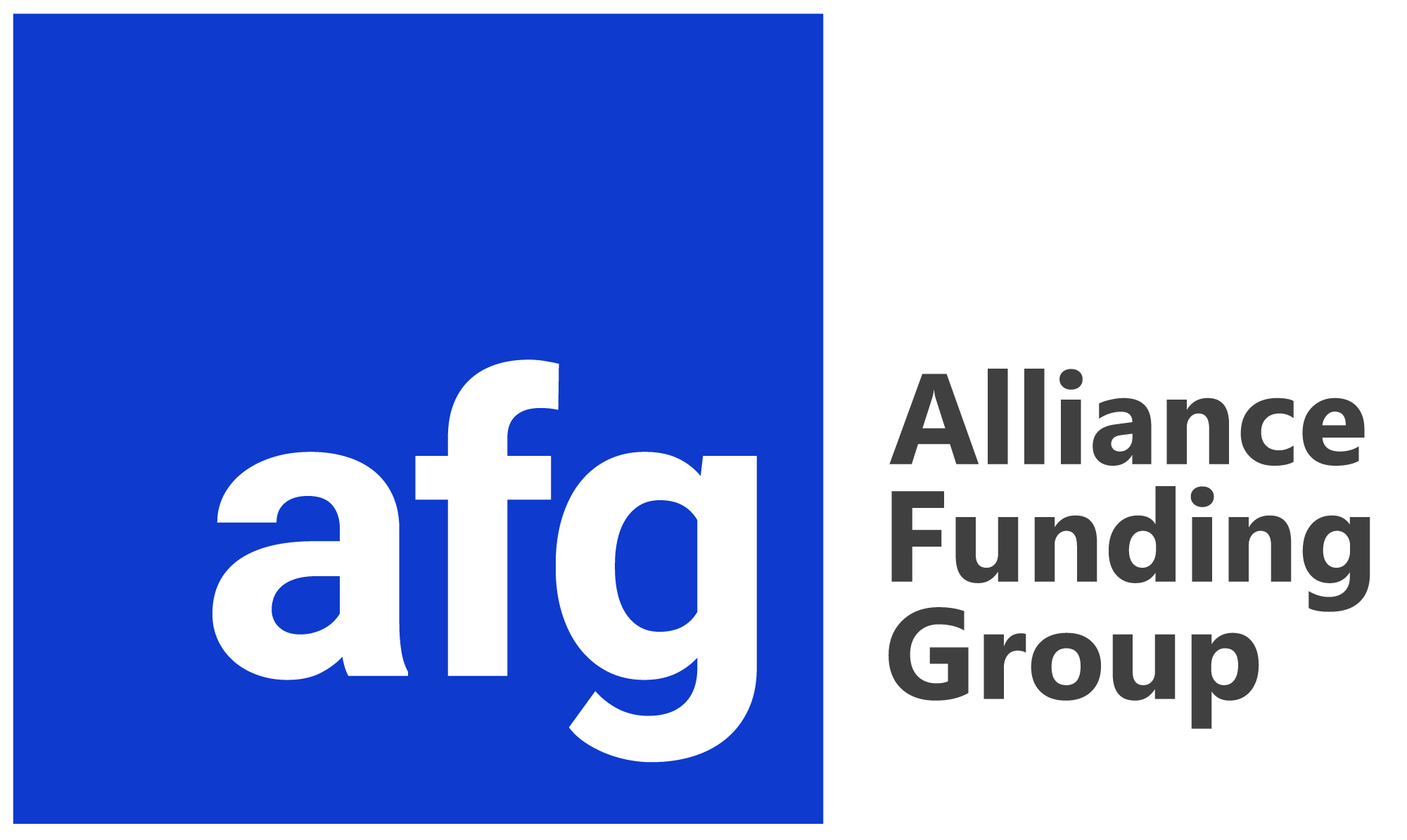Types of Lease Structures for Equipment Leasing
When leasing equipment for your business, there are a variety of lease structures to consider depending on which company you choose.
Alliance Funding Group offers several lease structures for equipment leasing for the greatest level of flexibility for our customers. Here are a few lease structures described below:
- Operating Lease – This is the traditional lease agreement that typically provides the lowest payment and is a good option for overcoming any current capital restraints. The operating lease is treated as a “true lease” as opposed to a loan for accounting purposes. The title does not transfer to the lessee, and the term of this type of lease is typically less than the useful life of the equipment.
- Capital Lease – a lease classified by the lessor as a sale or financing and the lessee as a purchase if one of three conditions are met, with a title transfer to the lessee once one of the conditions are met. View our page on capital leases for more information on those conditions.
- First Amendment Lease – The first amendment lease allow you to purchase the equipment at one or more predetermined points during the lease, as a sort of “best of both worlds” option. There is often a requirement to renew the lease if the purchase option isn’t exercised. The option to purchase price is typically the fair market value.
- Tax Lease – A lease in which the lessor, the financier, is the party that is considered the owner of the leased equipment for tax purposes. The lessor assumes both the benefits and costs of ownership including depreciation, while the lessee (you) can still write off the lease payment as an expense.
- Synthetic Lease – A synthetic lease is structured so that it is treated as a capital lease (similar to a loan) for tax purposes and an operating lease (traditional lease) for accounting purposes. This type of lease was popular in the late 90s and early 2000s, then saw a decline and is now making a comeback.
Several other lease structures are available through Alliance Funding Group – we provide you with unrivaled flexibility as one of our top benefits.
What’s the best option? Well it depends on your business and specific situation.
If these lease structures are confusing to you, it’s understandable. At Alliance Funding Group, we’re able to answer your questions about the different lease structures we offer and connect you with the right one.
Call us today at 1-800-978-8817 to learn more or ask any questions about our various equipment leasing options.
